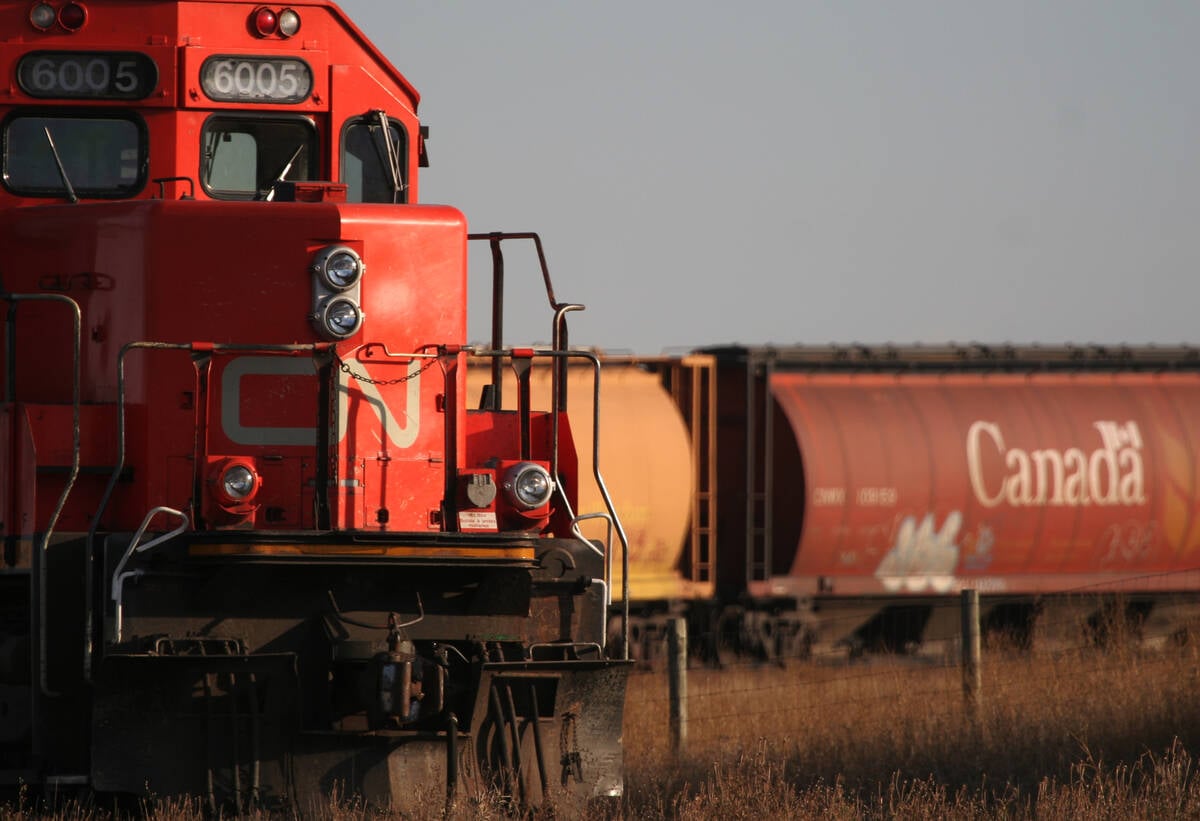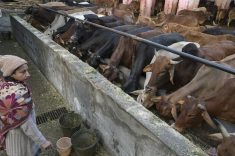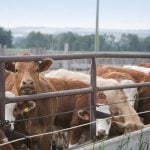Is the customer always right?
Japan’s insistence on BSE testing for every cow slaughtered is a problem for most in the American and Canadian cattle industries.
But some, like Creekstone Farms Premium Beef, a small Black Angus packing company in Kansas, say you can’t argue with the customer.
Creekstone, which is export oriented, wants to test every animal so it can resume selling to the Asian market.
The United States Department of Agriculture, backed by the American Meat Institute and the National Cattlemen’s Beef Association, is blocking Creekstone’s plan. USDA says allowing the testing could imply there is a safety problem with American beef and would lead to all packers being forced to use expensive testing that has no scientific justification.
Read Also

Canada-U.S. trade relationship called complex
Trade issues existed long before U.S. president Donald Trump and his on-again, off-again tariffs came along, said panelists at a policy summit last month.
The USDA’s position has received a lot of criticism, notably from R-Calf and the U.S. National Farmers Union. Critics say the USDA’s job should be to set minimum standards, but not stand in the way if a company wants to foot the bill for extra tests that will give it access to premium markets.
The NCBA replies that allowing a company to use testing as a marketing tool will make it harder for the government to establish the framework for trade based upon science.
“A departure from science-based decision making would create a precedent for future regulations and trade demands that would negatively impact U.S. cattlemen without protecting public or animal health,” it said in a News release
news.
Critics say that voluntary testing would allow each beef processor to make its own decision and only cattle destined for export would have to be tested.
But most packers don’t designate one animal for the domestic market and one for export. Beef cuts and products are sold where they make the most money. Most steaks and roasts are consumed domestically, but organ meats and offal are usually exported.
NCBA estimates testing would add about $30 US per head to costs, or a total of about $1 billion for the 35 million head slaughtered per year, about equal to the estimated value of the U.S. market share in Japan.
It would be far better to wait to give a chance to the process now under way, in which Japanese and American scientists and negotiators meet monthly, with the hope that a scientifically valid, low-cost solution can be agreed upon.














